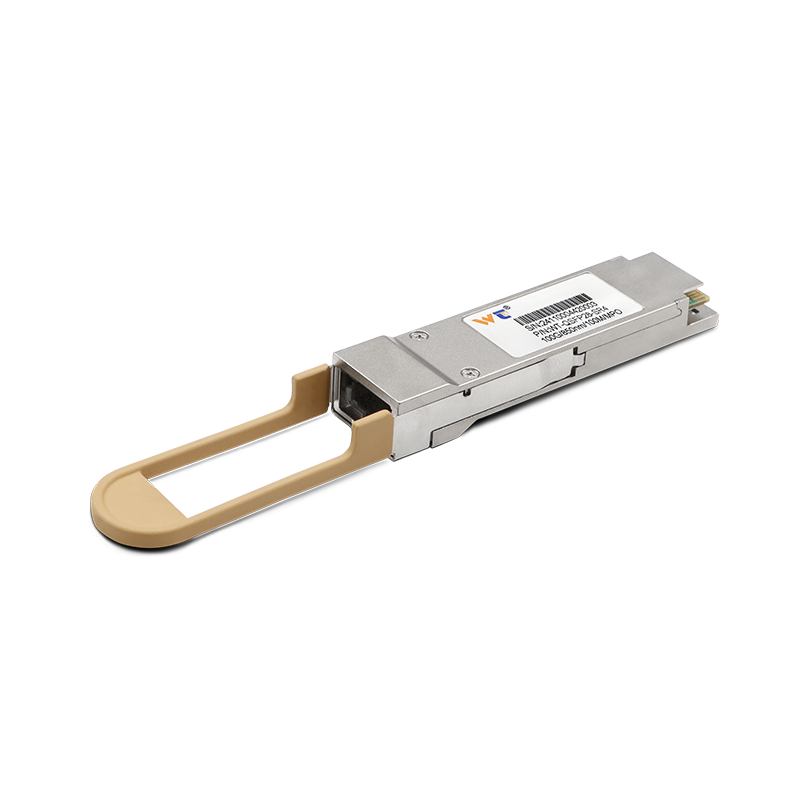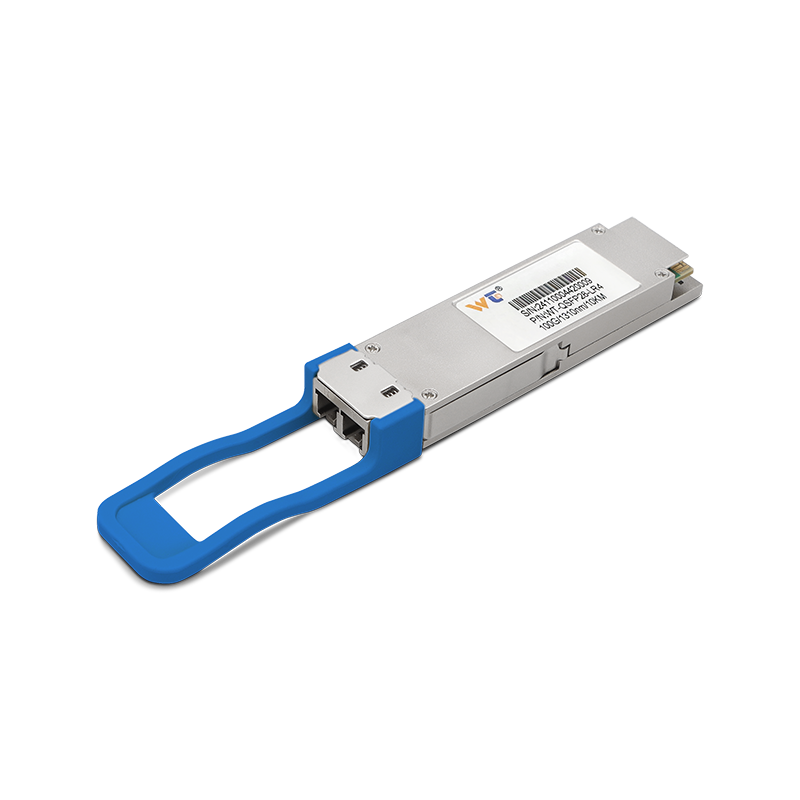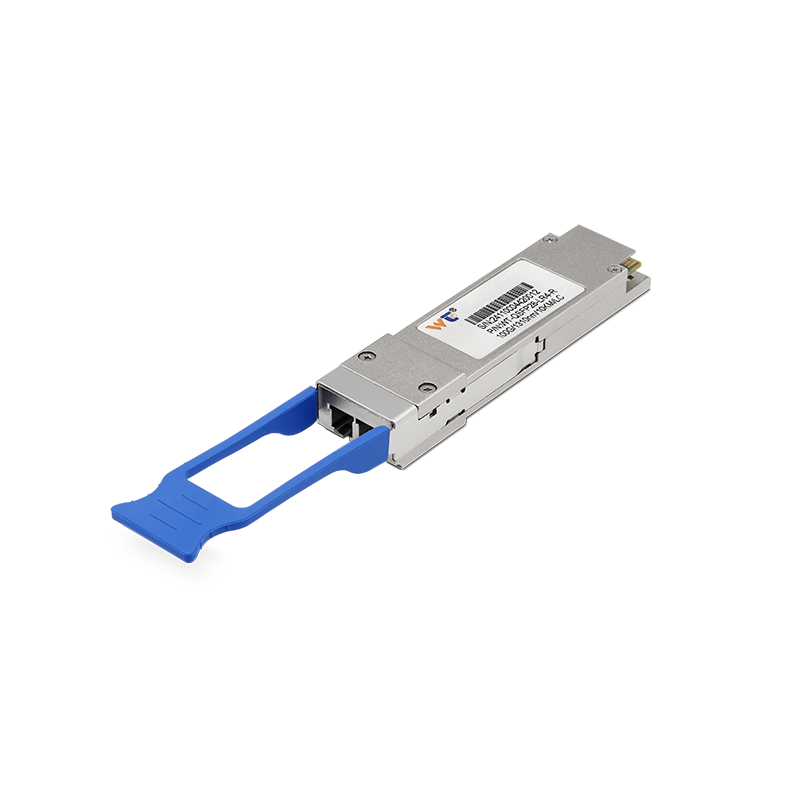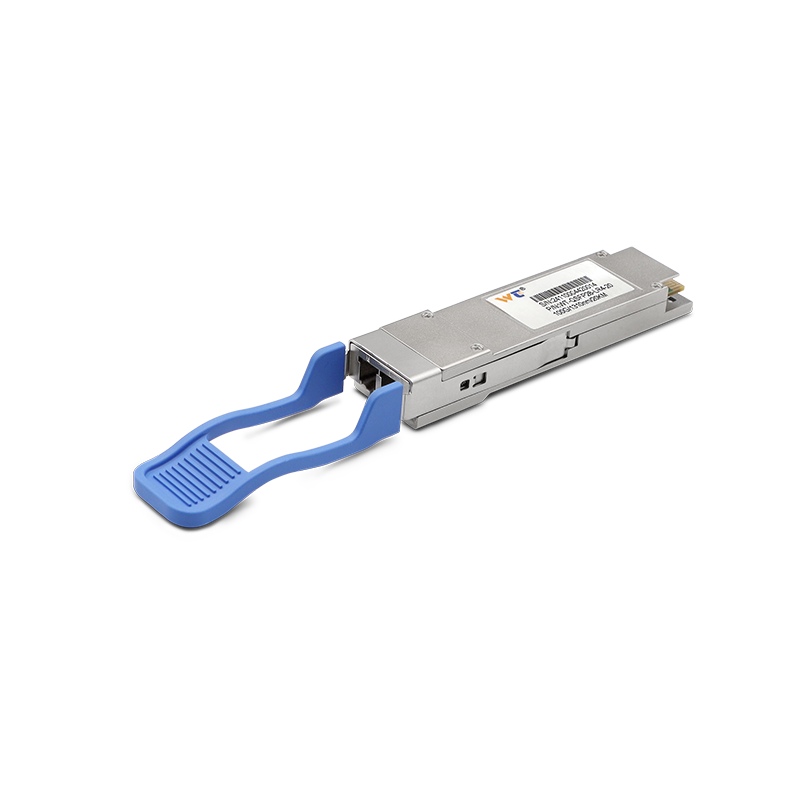In 2024, our world is buzzing with technology, and the way we connect with it is becoming more complex, especially when it comes to networking. As someone who's really engaged in the nitty-gritty of this field, I've noticed a real gap in understanding the key differences between home routers and enterprise routers. This isn’t just some trivial detail; it’s absolutely essential for anyone dreaming of a career in network engineering. Your choice of router has a real impact on how well your network performs, how secure it is, and how it can grow. So, let’s break it down and keep it straightforward—knowing this stuff can make your networking decisions a lot clearer and more effective.
Let's start with home routers. These little guys are all about making things easy for everyday users. They’re perfect for small homes where you’ve got a few smartphones, maybe a couple of laptops, and some smart gadgets. They handle the basics like DHCP, which is essential for assigning IP addresses, and NAT, which helps in managing how devices connect to the internet. The setup is usually pretty simple, typically done via a web interface or a mobile app that even non-techies can navigate. However, there’s a catch: when it comes to heavy traffic, or if everyone in the house is streaming at once, home routers tend to struggle. That's when you start seeing the dreaded buffering wheels or dropped connections.
On the flip side, we have enterprise routers. Now these are the real workhorses. They are engineered for resilience and can manage much higher traffic volumes. Imagine a bustling office or a large-scale operation—these routers are equipped with features that let them support advanced protocols like VLANs and come packed with robust security measures. In environments where you can't afford any downtime, these routers are indispensable.
At the heart of these differences lies their intended use. Home routers are often built with consumer-grade components that are just fine for basic tasks but lack many of the advanced features you would find in their enterprise counterparts. They often run on simplified operating systems that can’t handle the demands of complex networks. Enterprise routers, however, boast high-performance hardware, allowing them to process a larger amount of data swiftly and efficiently. They utilize advanced routing protocols, like OSPF or BGP, to make sure that data is moved quickly and effectively across vast networks. And let's not forget about security! Enterprise routers are built with comprehensive security features such as firewalls, VPN capabilities, and intrusion detection systems to keep sensitive data safe from prying eyes while ensuring that crucial business functions run smoothly.
So, how do we actually differentiate them in practice? Let’s break it down step by step:
- Understand Your Network Needs: Think about whether you need something for your home or for a larger business setting.
- Check Device Compatibility: Make sure your devices can handle the router you’re considering—home routers are ideal for casual use, while enterprise routers are necessary for significant operations.
- Look at Configuration Options: Home routers usually come with straightforward GUIs, while enterprise options might require some command-line skills and offer deeper customization.
- Evaluate Performance: Test things like speed and stability, especially when the network is under pressure.
- Examine Security Features: Home routers generally offer basic WPA encryption, whereas enterprise models pack advanced security measures.
- Consider Scalability: If you plan to grow your network, enterprise routers shine with their ability to adapt.
- Account for Support and Maintenance: Think about how much technical support you might need, as enterprise setups often demand dedicated IT resources.
If you're contemplating an upgrade or are grappling with performance woes, just ask yourself: What features will truly make a difference for my networking needs? This isn’t just about finding a quick fix; it opens the door to more advanced setups in the future.
Choosing an enterprise router can lead to better performance, reliability, and enhanced security, which can be a game changer for productivity and minimizing downtime. This is especially important as our digital lives become more intertwined and complex.
Now, let’s tackle some common questions you might have:
- What’s the cost for enterprise routers? Typically, they’re pricier because of their advanced features, but the return on investment can be well worth it through increased efficiency.
- Can I set up a small network with enterprise equipment? Sure, but be mindful—it could complicate things without giving you much value for a simple situation.
- How do I find the right router for my business? Take stock of your current and potential future needs, think about how much scalability you might need, and don’t hesitate to reach out to IT experts for advice.
To wrap things up, I encourage you to take some solid steps towards mastering your networking knowledge. Whether you’re upgrading your home setup or navigating a corporate network, having the right understanding is your greatest ally. Make use of the insights from this discussion, and feel free to play around with different configurations. Not only will you sharpen your skills, but you’ll also be making a meaningful contribution to your network’s performance.
In conclusion, grasping the differences between home and enterprise routers is crucial for anyone serious about stepping into the world of network engineering. As we dive deeper into our interconnected future, these distinctions will matter more than ever. So, take this opportunity to learn, stay adaptable, and remember: your choice of networking tools will pave your path in this ever-evolving field, transforming you from a mere participant into a leader in the exciting realm of network technology.






